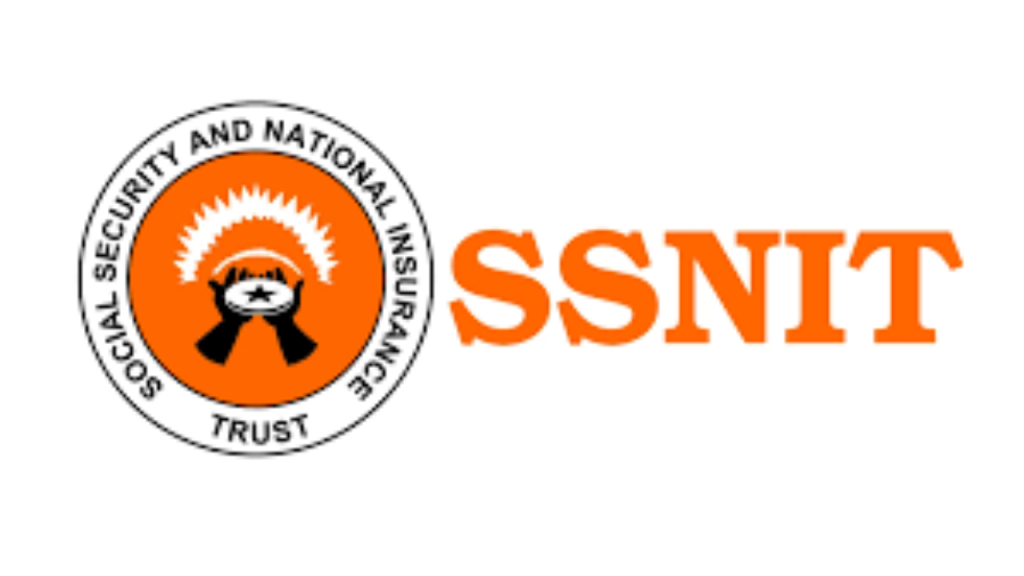- Through a vast network of offices, SSNIT is in charge of overseeing Ghana’s First Tier Pension Scheme, handling everything from contributions to benefit disbursements.
- Members may now access their pensions and manage their accounts more easily thanks to recent advancements including digital platforms and biometric registration.
A History of Protection
SSNIT has been an essential part of Ghana’s social protection scene since its establishment in 1972 under NRC Decree 127. The organization was previously founded as a provident fund, but in 1991 it became the first member of the International Social Security Association in Sub-Saharan Africa to transition to a pension plan. By ensuring that workers, particularly those in the unorganized sector, have access to benefits for old age, disability, and survivors, it has assisted families in getting ready for the future.
Also read: AI reshapes workforce as tech, telecom layoffs surge
Also read: HostAfrica: Empowering Africa’s digital future
Embracing Modern Technology
In order to stay up with the times, SSNIT has implemented a number of technological advancements. Member registration is now streamlined by biometric technologies, while pension disbursement and contribution collecting are made quicker and more dependable by electronic payment platforms. Additionally, members can check statements, amend information, and apply for pensions from any location by using a self-service online or mobile app.
Nationwide Presence
The decentralized structure of SSNIT guarantees that services are available throughout Ghana. While day offices bring services closer to populations in outlying locations, area offices manage branches, and the company’s head office in Accra offers strategic leadership. This configuration guarantees uniform management and convenient access for all members worldwide.
Financial Prudence and Sustainability
To maintain long-term viability, SSNIT invests in addition to managing donations. The organization has shown its commitment to optimizing the value of member contributions by reducing operating expenses from 18% in 2021 to 11% in 2024. Through the integration of accessible services, forward-thinking technology, and financial discipline, SSNIT remains a cornerstone of security for Ghana’s workforce.

